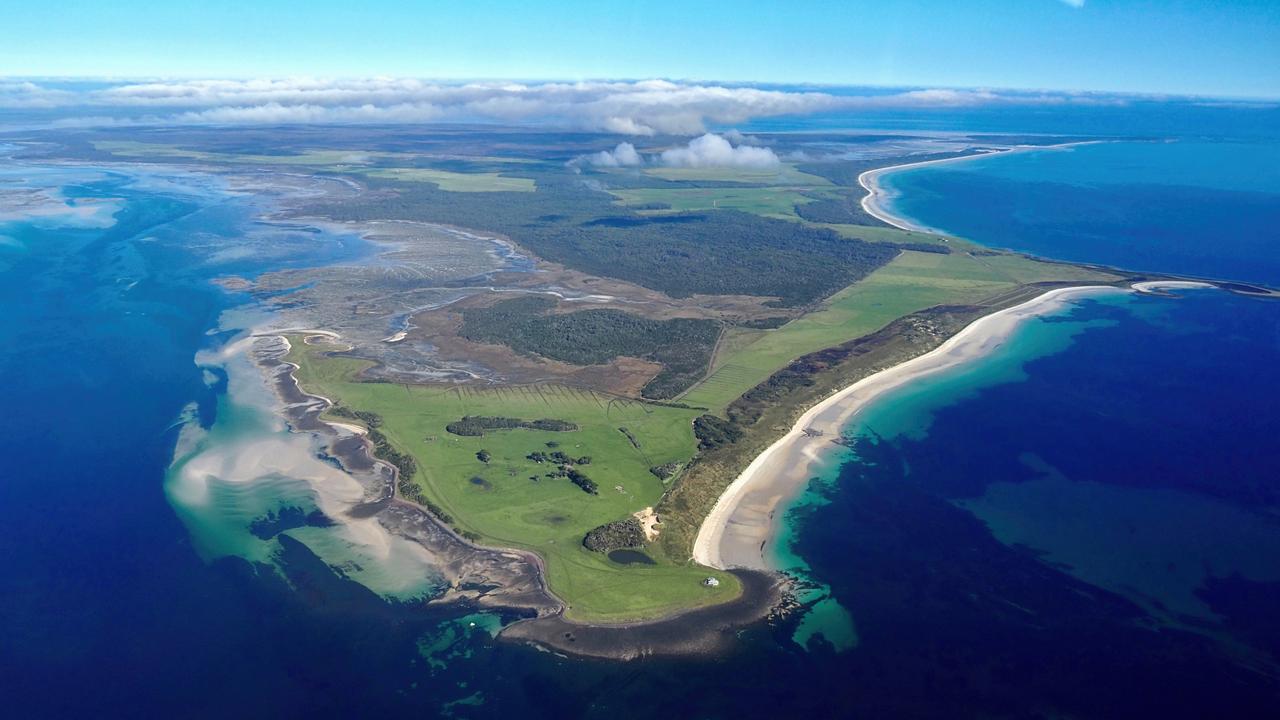Ambulance Tasmania urged to review its patient refusal policy following death
A coroner has found there was ‘nothing that could reasonably have been done’ for a Glenorchy woman who died alone, sparking a review into a policy allowing rational adults to refuse to be taken for treatment.

Police & Courts
Don't miss out on the headlines from Police & Courts. Followed categories will be added to My News.
- Hobart man says three hour wait for ambulance was ‘harrowing’
- Ambulance involved in crash in Tasmania’s north
A CORONER has recommended Ambulance Tasmania rewrite its Refusal Of Treatment/Transport Policy following the death of a 75-year-old Glenorchy woman refused to be treated by paramedics.
Feryne Gaylene Hunter died at home alone due to an airway obstruction in September 12, 2017.
Releasing her findings into Mrs Hunter’s death, Coroner Olivia McTaggart said Ambulance Tasmania should review and rewrite its policy as a priority to give simple and clear guidance on how paramedics deal with issues relating to capacity, consent and refusal of treatment.
Coroner McTaggart said paramedics were “presented with a situation whereby Mrs Hunter persistently refused to be clinically assessed and was able to coherently communicate those wishes to them.”
“There was nothing that could reasonably have been done by the nurses, carers, paramedics or police officers that could have prevented Mrs Hunter’s death,” Ms McTaggart said.
“All acted appropriately and, to the extent possible, in her best interests. I cannot speculate why Mrs Hunter did not wish to accept medical treatment on the two successive days before her death, but I am satisfied that she had the ability to call for assistance when she required it.”
During the inquest, Ambulance Tasmania identified that the policy provided limited advice as to how paramedics should manage such refusal of treatment.
“Although both sets of paramedics acted appropriately and in accordance with law, the policy is confusing, particularly in relation to the area of consent and diminished capacity,” the coroner found.
Mrs Hunter had been receiving medical care on throat and tracheostomy at the Royal Hobart Hospital before her death.
Two days before her death, on September, 11, 2017, Mrs Hunter was visited by a nurse who noted she was not as bright and chatty as usual but did not want to see her GP.
The nurse returned later in the day and called Ambulance Tasmania because Mrs Hunter was having trouble breathing.
Mrs Hunter refused to be transported to hospital but accepted the advice of paramedics to make an appointment with her GP the following day.
On September 12, Mrs Hunter stayed at home.
That night, three police officers arrived at Mrs Hunter’s address after responding to a triple-0 “no-voice” call.
The call came from a mobile phone which was registered in the name of Zeke Anthony Kendrick but due to a telecommunications company clerical error was registered to Mrs Hunter’s address (No. 9 Madeline Crt rather than No. 6).
The police officers could not raise anyone at 9 Madeline Crt but could see Mrs Hunter hunched on the stairs through a partially-opened front window.
She was in an apparent poor medical state so an officer climbed through the window.
Mrs Hunter was unhappy with the police presence in her house but concerned by her shortness of breath, officers tasked Ambulance Tasmania to attend.
Paramedics attempted to assess Mrs Hunter but she refused and insisted she was “fine”.
The current ambulance policy says “every adult person with capacity has the right to make decisions regarding healthcare, including the decision to reject that which is recommended by the person’s health provider. The right of choice is not limited to decisions that others, including family members and health providers may regard as sensible or even rational”.


